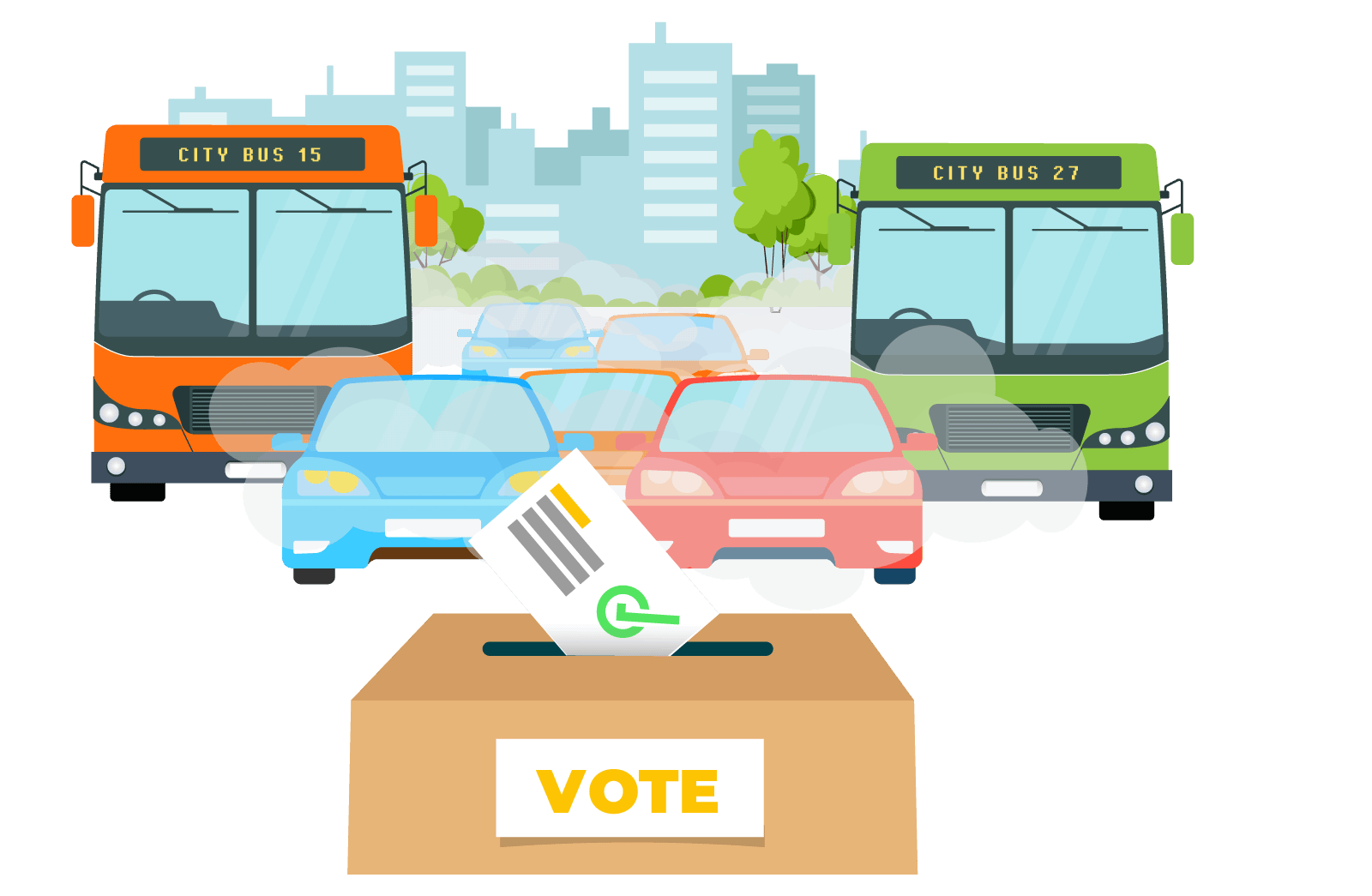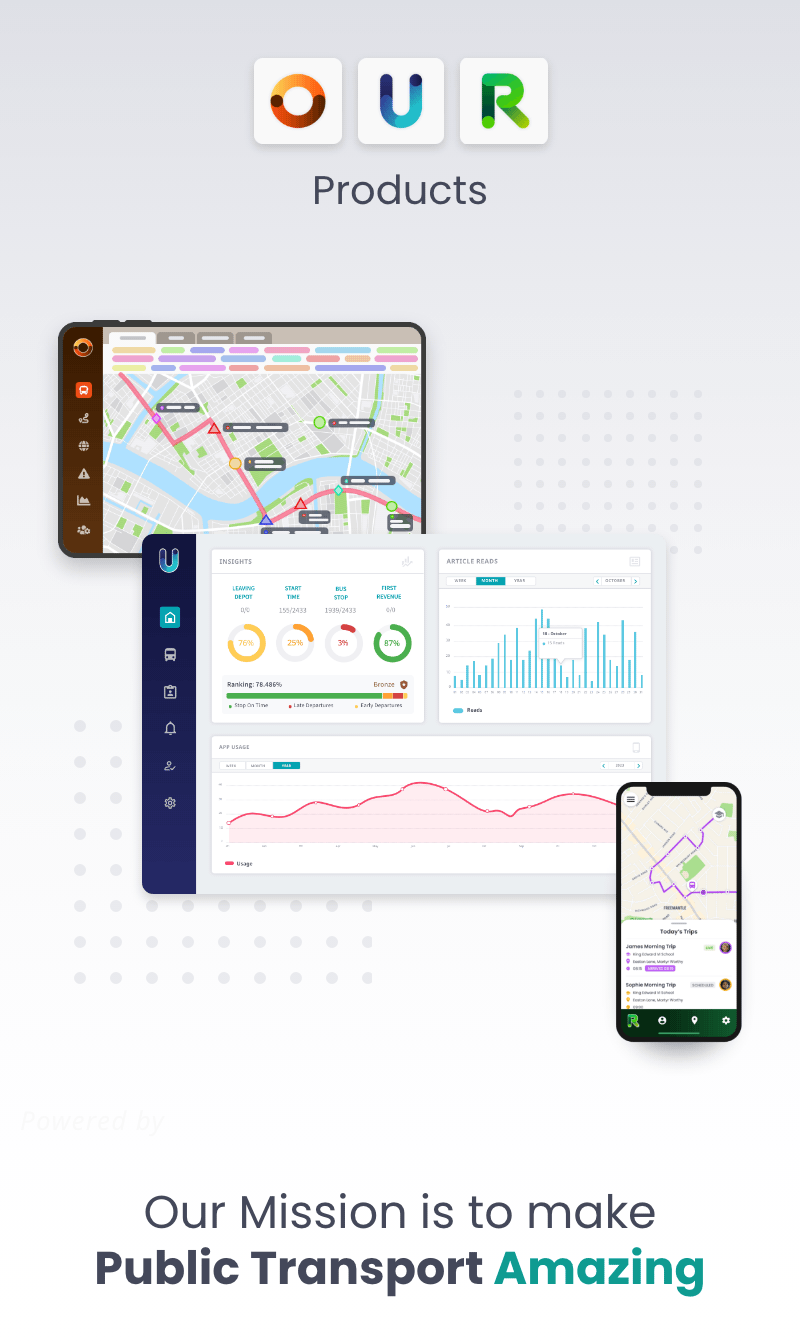As the forthcoming local mayoral elections have been battled out along the length and breadth of the UK on Thursday, 2nd of May, one of the key issues that has driven many local agendas has been the importance of the bus in shaping future local policies and strategies. Certainly, the Labour Party in their manifesto has promised a return to local franchising and public ownership following Manchester Mayor Andy Burnham’s introduction of the Bee network across areas of Greater Manchester and the Northwest. Initial results have been mixed, with Mr. Burnham recently having to apologize for poor service for different reasons. Clearly, the expected hope of overnight improvement across the areas where the new regime had been launched has been mixed at best and criticized by the public at worst as being less reliable than when the routes were operated by private operators.
Maybe the lessons we should learn are the simple ones. Namely, that no matter which political model you choose (i.e., private versus public ownership), if the roads are still congested and you cannot employ enough bus drivers because they are not available, then the result is the same. This has frustrated bus customers who have complained with due cause that they have been let down and ended up late for work, school, doctor’s appointments, etc. The reality is that even with the significant investment in electric buses across Manchester, which is highly commendable in my opinion for all the right carbon zero reasons, if the bus is not out there operating the scheduled route, it is a failure, simple as that.

Last year at the UK Bus Centre of Excellence conference in Leicester, the local Mayor gave a presentation explaining that the bus network in Leicester was a success because they had worked as a cohesive partnership between the seven bus companies and the local authorities. They had built in pro-bus traffic priorities across the key networks across the city, and implemented a parking charging policy that made it very expensive to park your motor car; however, if you wanted to, you could. The point is that without this strategic, long-term, unified plan, these schemes are hard to make work. Indeed, some cities and towns have done the opposite in recent years and scrapped bus lanes completely; a good example is Liverpool, whose Mayor Joe Anderson did just that a few years ago. Not surprisingly, the reliability of the bus network reduced dramatically a few years later, and there are exciting plans to introduce the same philosophy to Liverpool, as has been proven in Leicester.
The battle in London between the mayors has just been inflamed with the news that one of the candidates has vowed to scrap the ultra-low emission zones. These have caused a significant split in public opinion, as some local residents have benefited from much safer, empty neighborhood roads, while others have experienced the nightmare of huge increases in traffic levels on quiet residential roads, as motorists have been forced into routes that were not designed to cope with the congestion. Interestingly, another knock-on effect in London has been the greatly reduced speeds that have been capped, resulting in significantly slower speeds across the capital, much to the frustration of London bus drivers and black cab drivers. In a significant move, the Welsh government has just agreed to change the law that slowed cars down to 20 mph in built-up areas and has now decided that it has not worked, so they will be putting the speed limit back up to 30 mph.
What can be concluded about the mayoral bus battles going on across the country, from rural Cumbria to the intense urbanity of Birmingham and the West Midlands, where Andy Street, the present mayor, is up against five other candidates, all of whom have made public transport a key cause of their manifesto and campaigning? It is indicative of the new importance that everyday people and voters now place on how they feel about public transport, and the humble bus in particular. Air quality and reliability, coupled with nice, modern, eco-friendly bus services offered at affordable prices, is what they want to see. And as far as uTrack are concerned, we will support their worthy aspirations. After all, what is there to lose? Well, an election, of course, if you are a candidate for the mayor’s job. But there can only be one winner, and let us hope after the elections it is the bus passenger.

Written by Austin Birks








